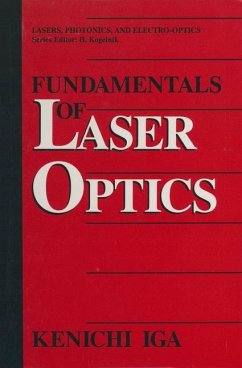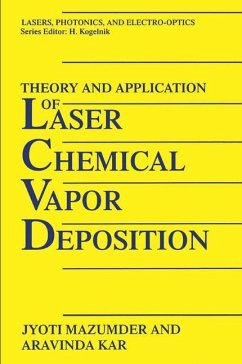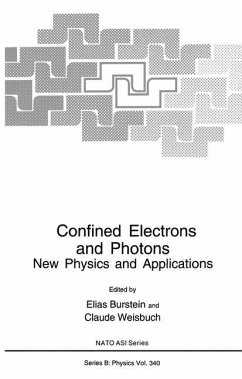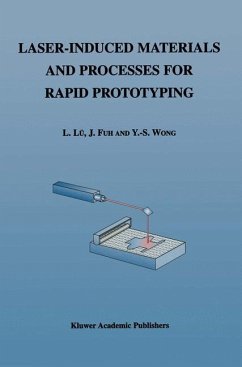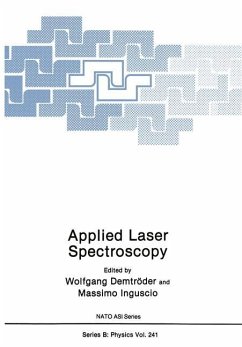The laser, initially called the "optical maser," was proposed in 1958 by Charles Townes and Arthur Schawlow; in 1960, Theodore Maiman was the first among several researchers to achieve laser oscillation by using a ruby crystal. In the following quarter of a century, a considerable amount of re search and development has taken place, and the laser is now utilized for many diverse applications, ranging from the commonplace compact disk to intricate surgical applications in medicine. Since I first entered the laboratory of Professor Yasuharu Suematsu in 1962 to complete my thesis, I have been studying the new field of laser optics. In spite of many expectations and a vast investment in research, the first practical use of lasers was difficult to of Univ. Erlangen once jokingly achieve. The late Professor K. H. Zchauer remarked that laser was defined by an English physicist as "Less Application of Stimulated Expensive Research. " In a similiar vein, Dr. Herwig Kogelnik reminded me that in the early 1960s, maser was often called "Money Acqui sition Scheme for Expensive Research. " Initially I worked with a ruby laser, then with a helium-neon-gas laser, and am presently engaged in semiconductor laser research. There are proba bly not a large number of researchers who have had the opportunity to build these three representative types of lasers. My primary objective of study lies in optical communications however, and therefore, I have been approaching the laser mainly as a lightwave propagator.
Bitte wählen Sie Ihr Anliegen aus.
Rechnungen
Retourenschein anfordern
Bestellstatus
Storno

